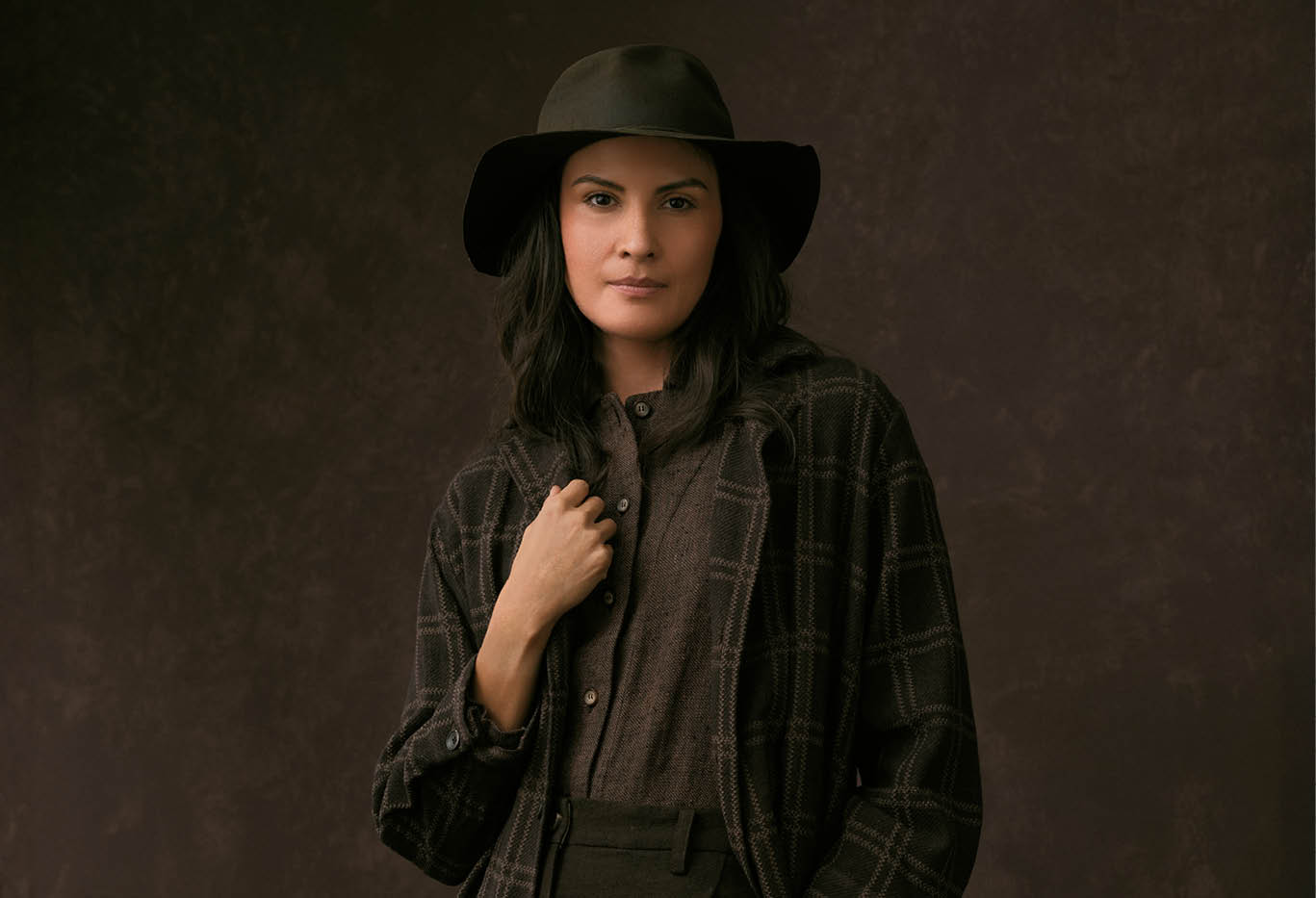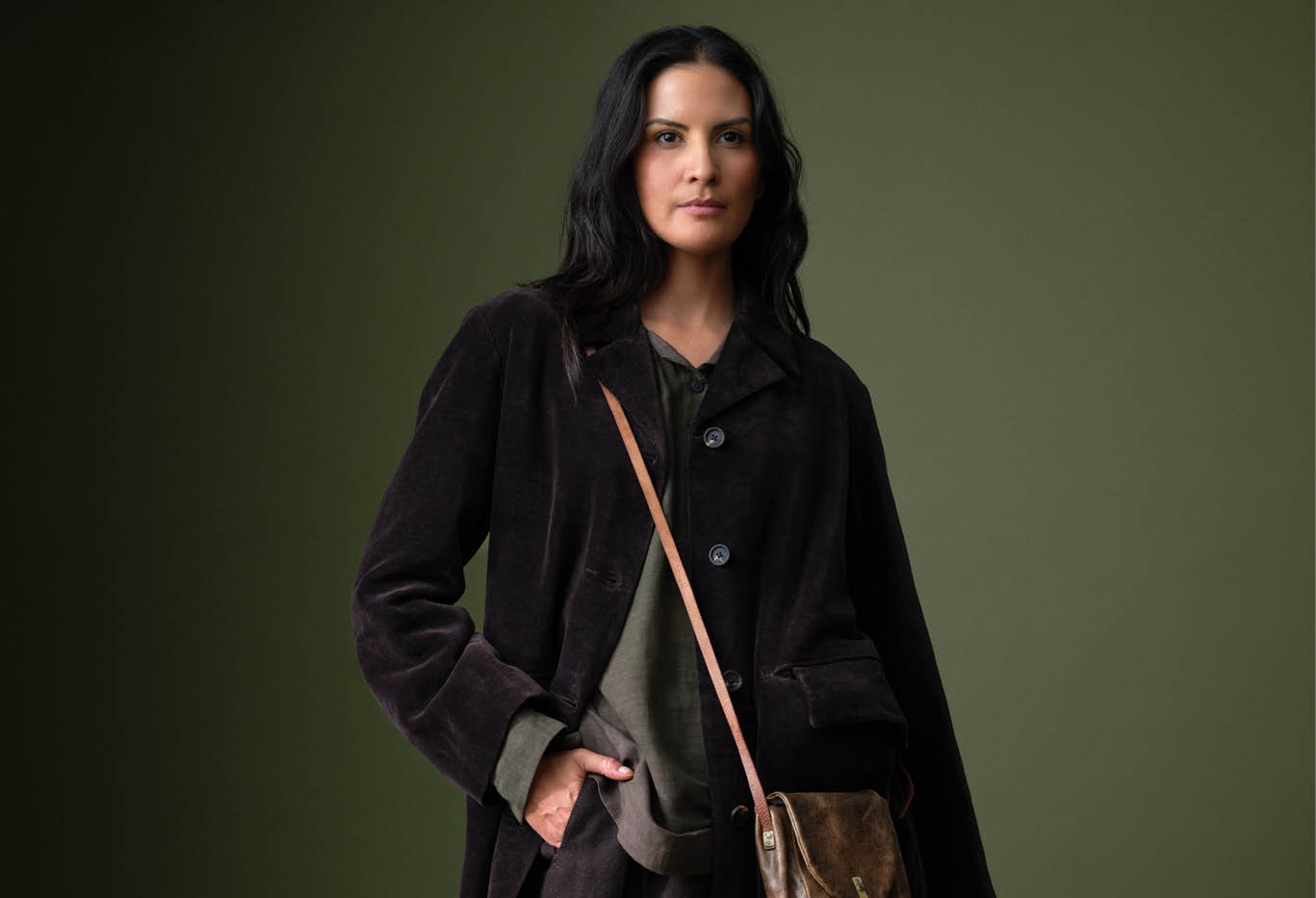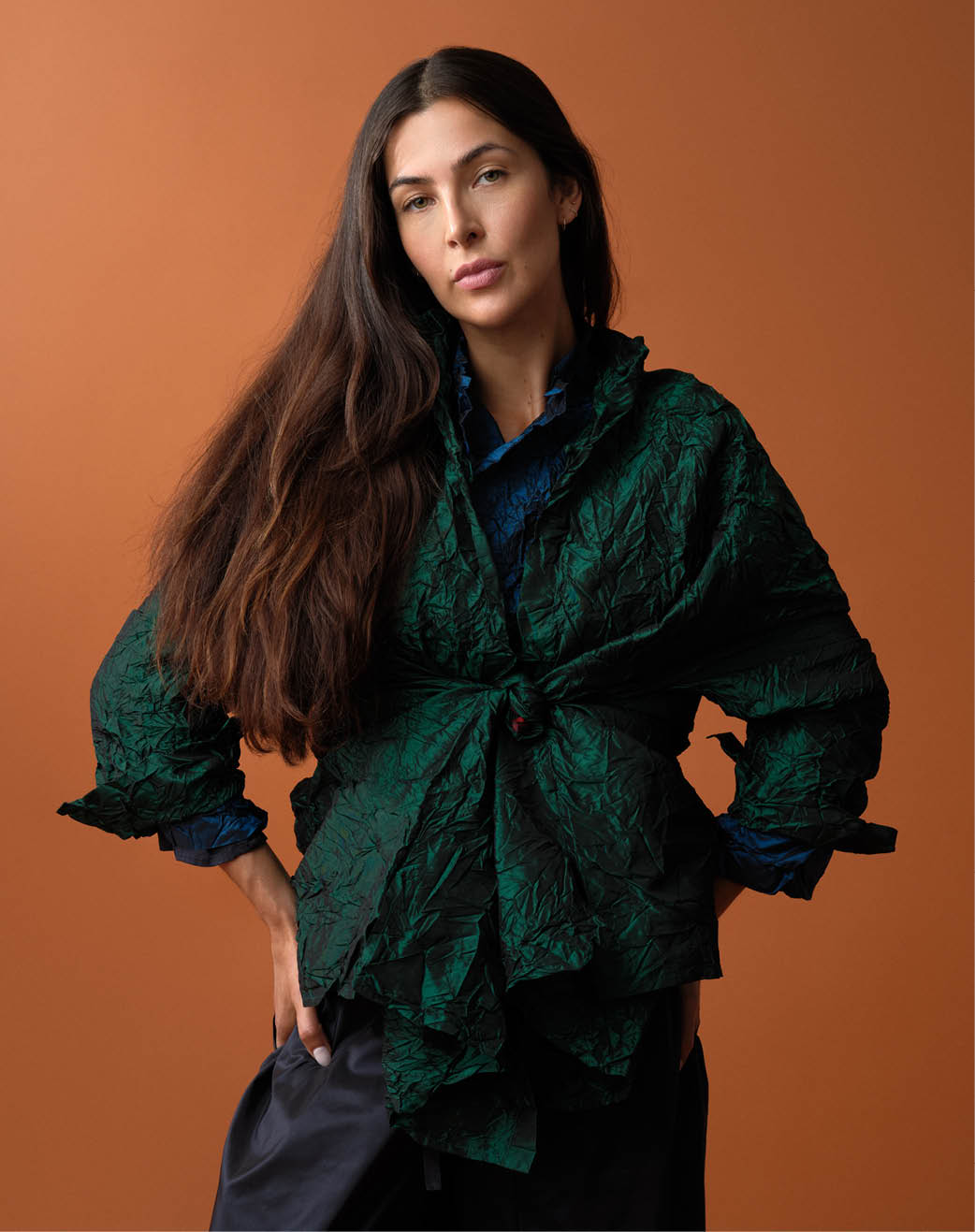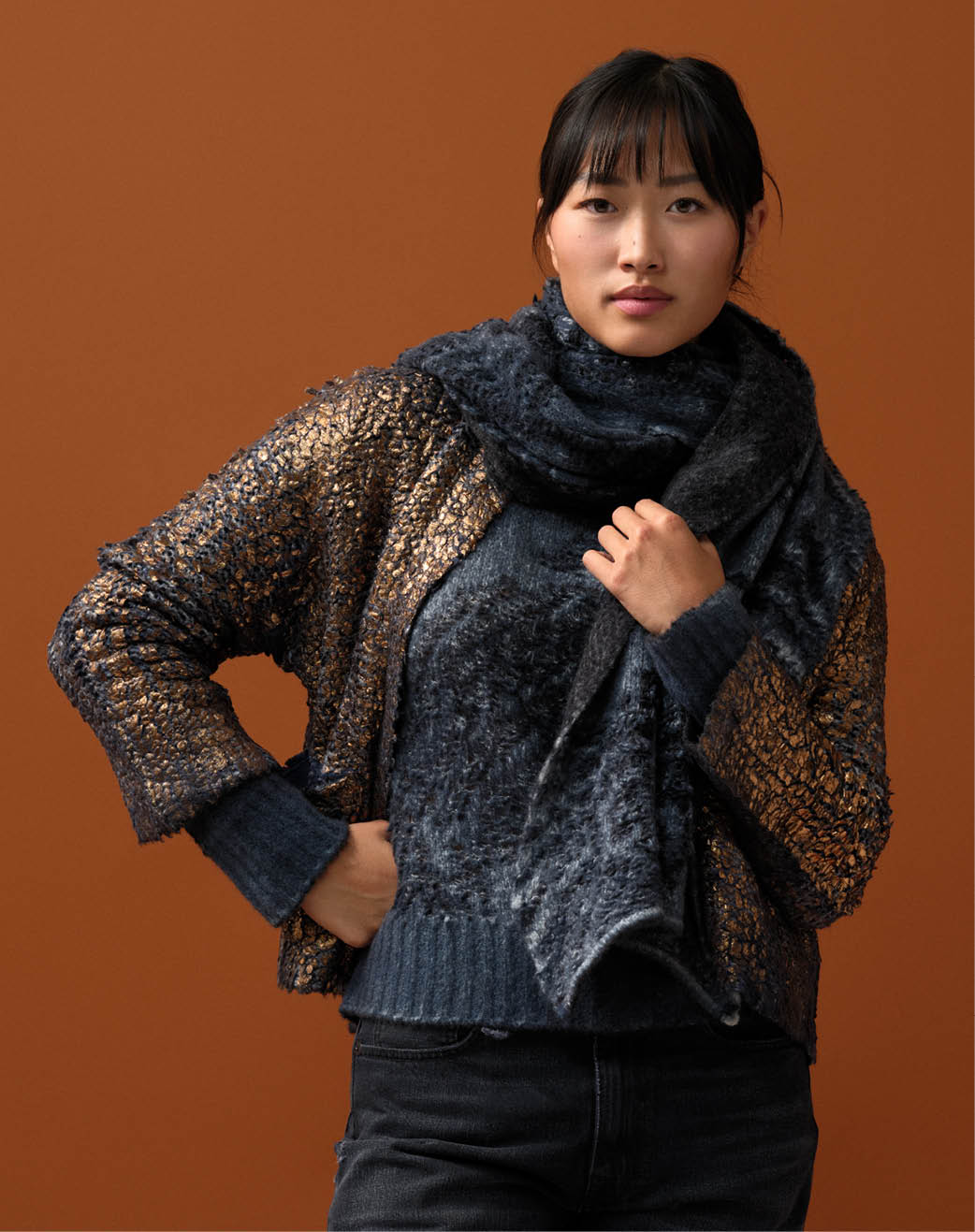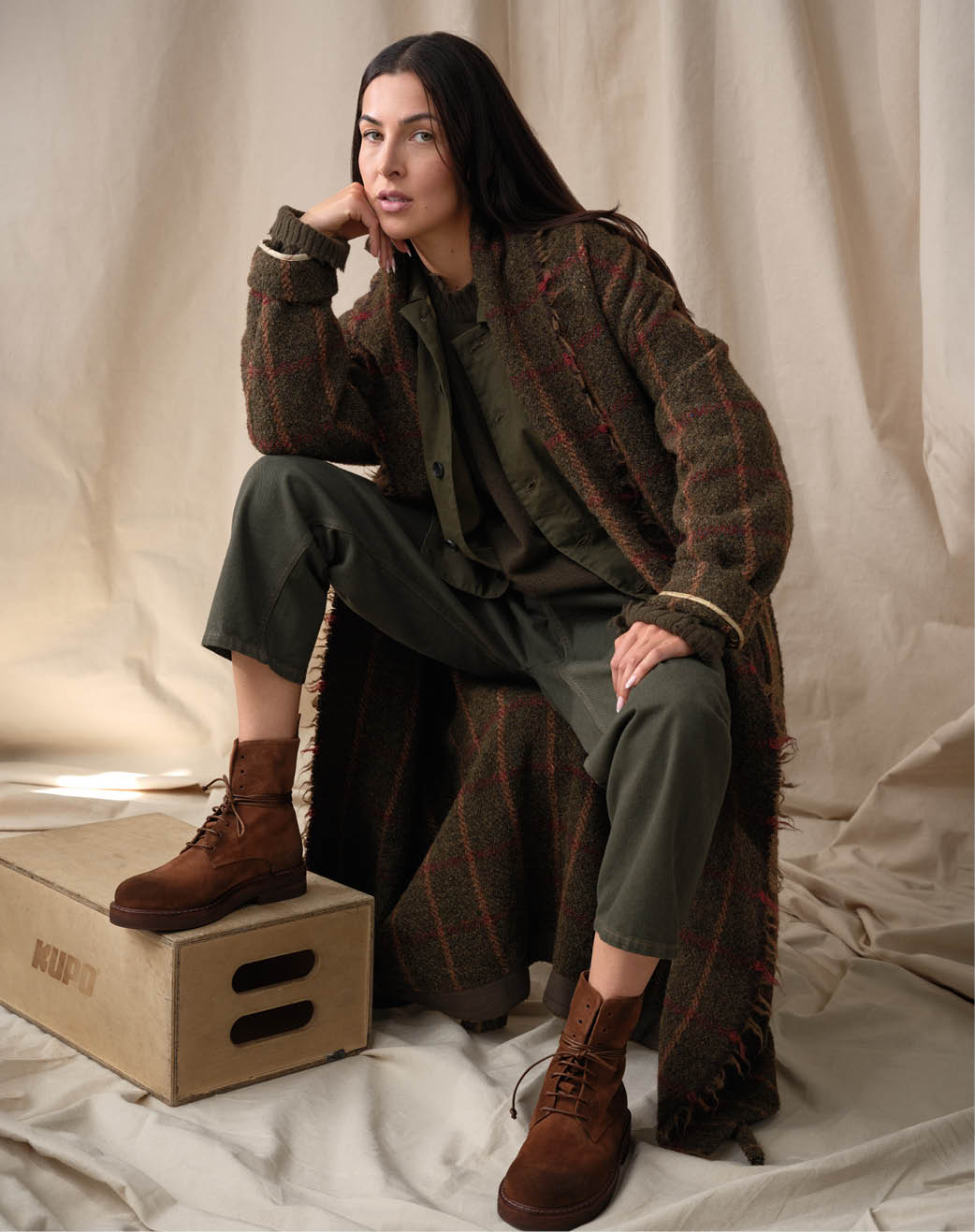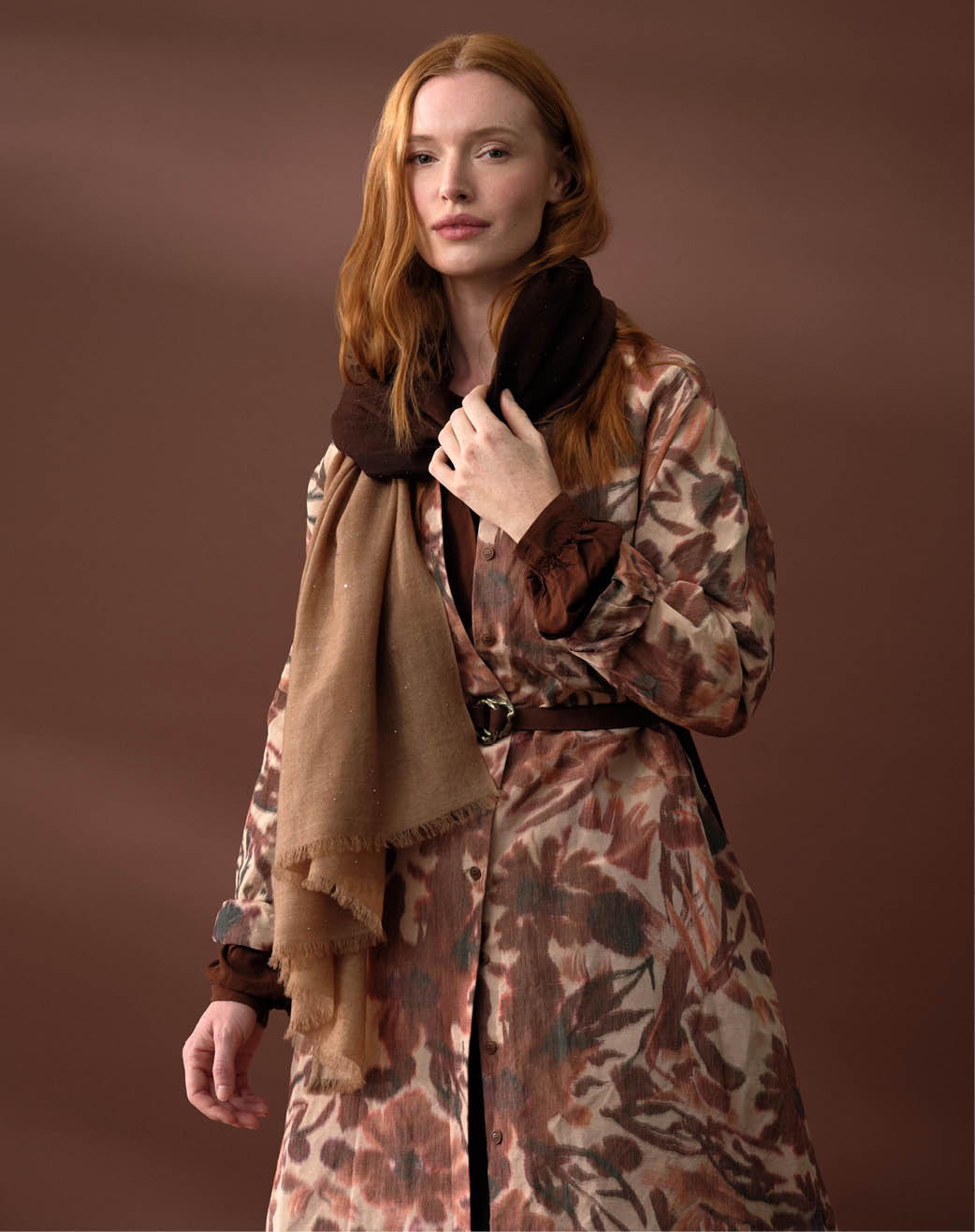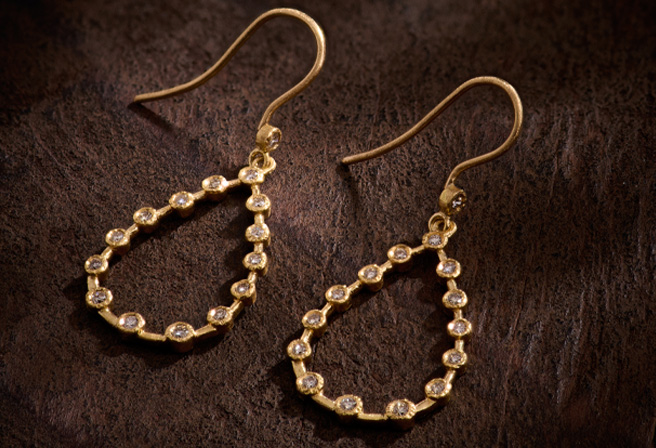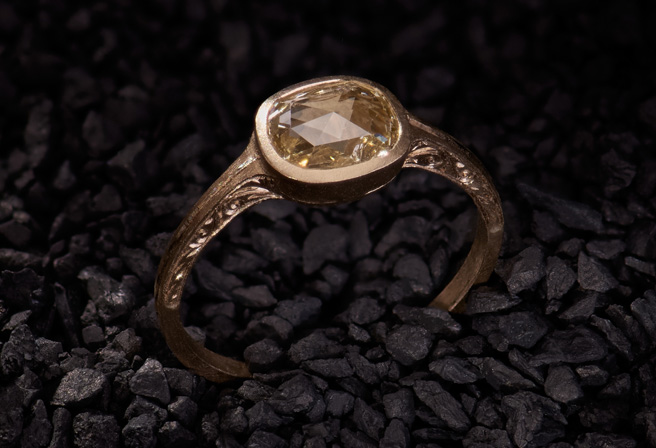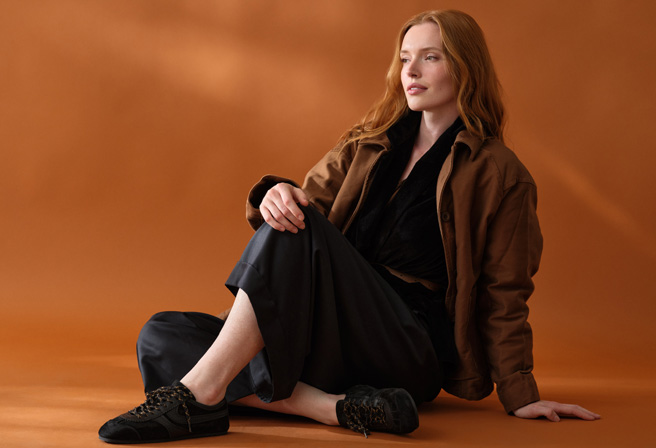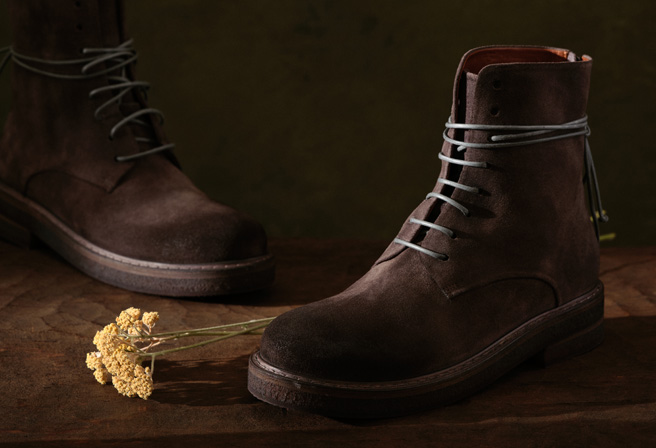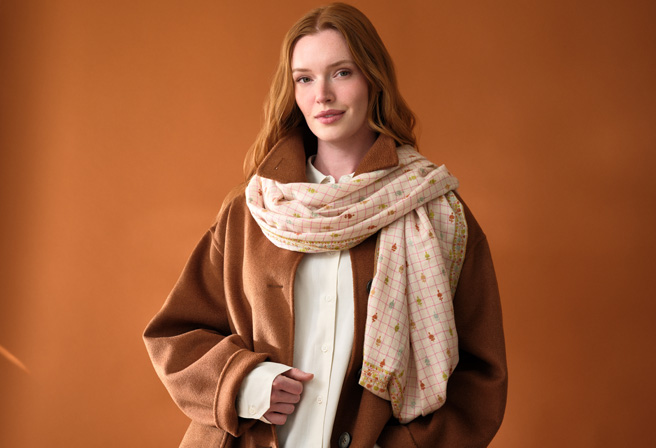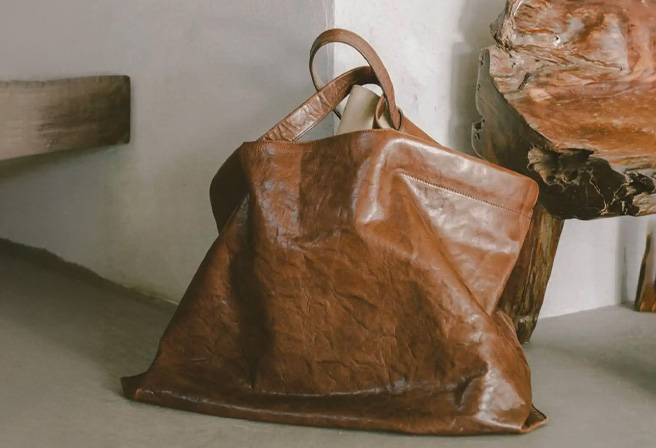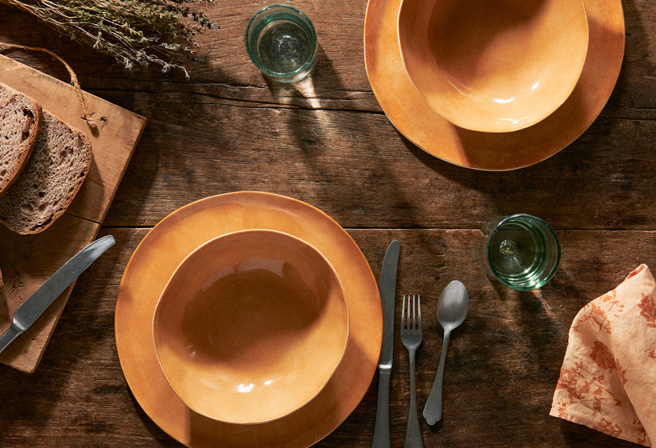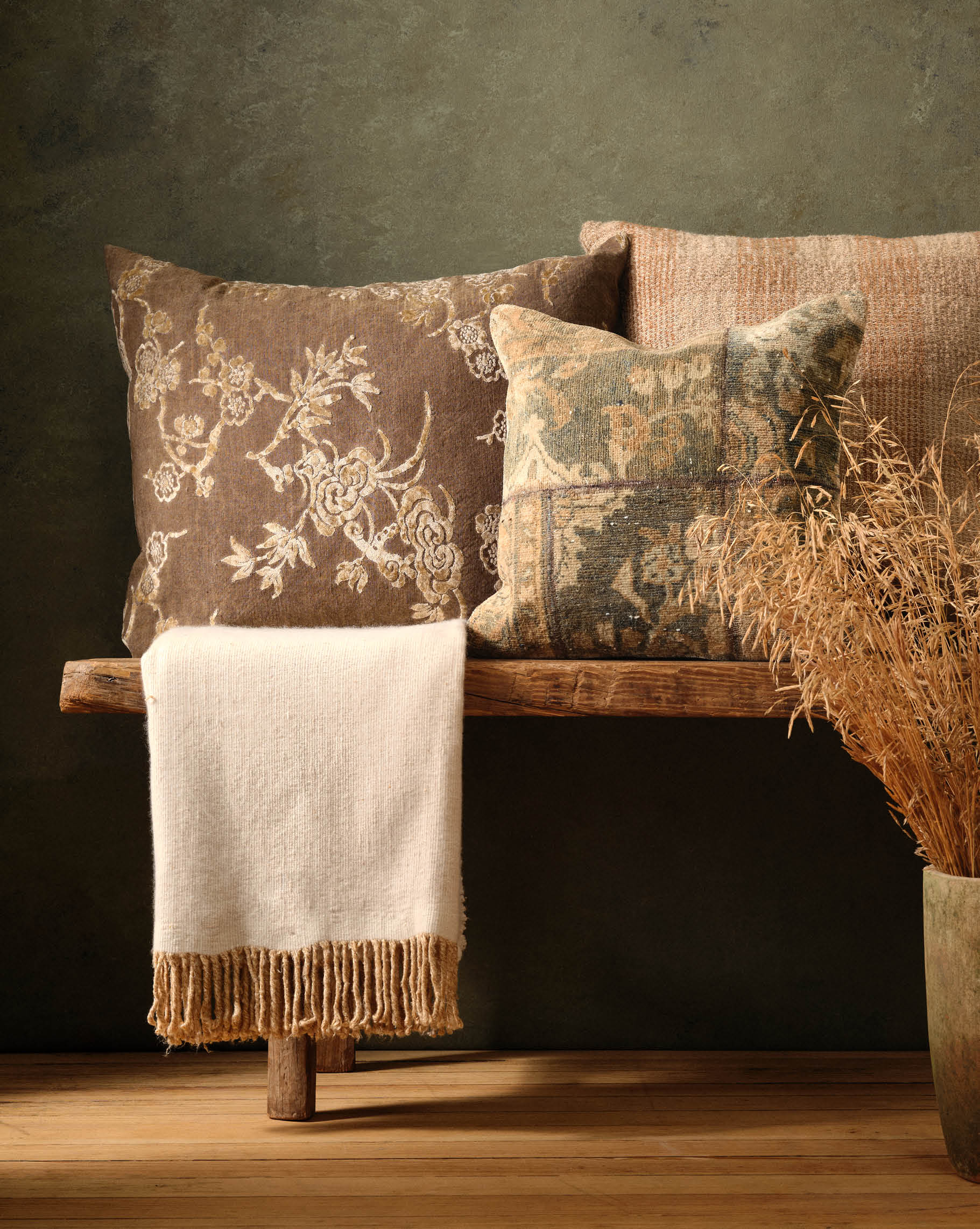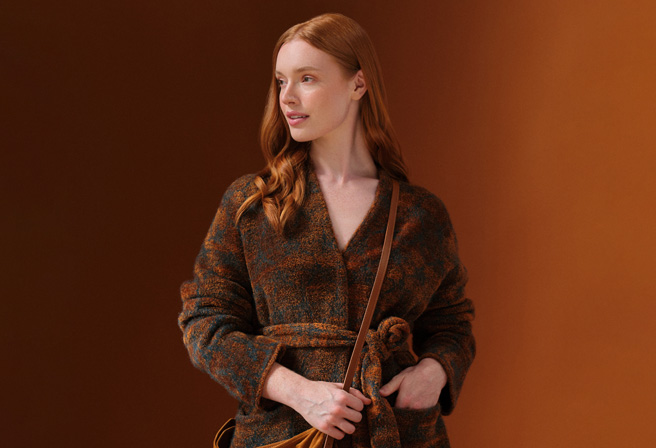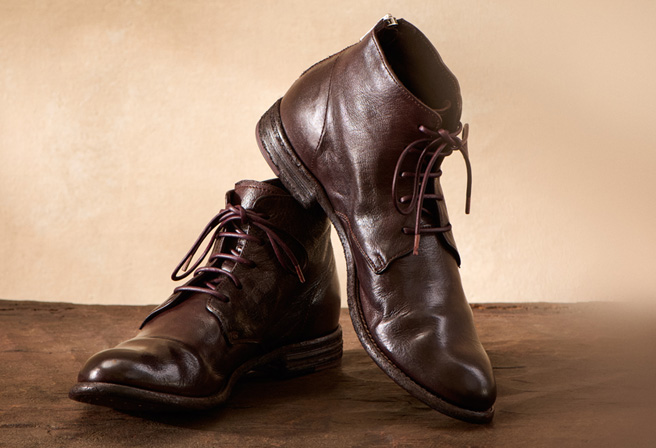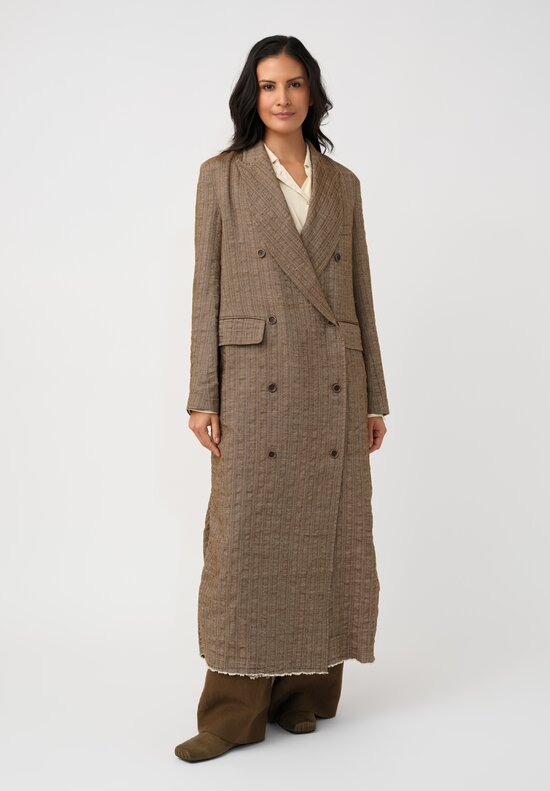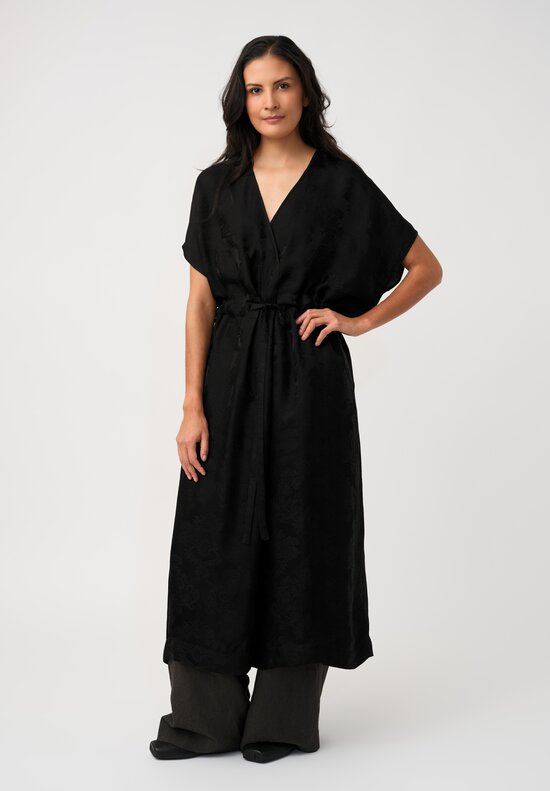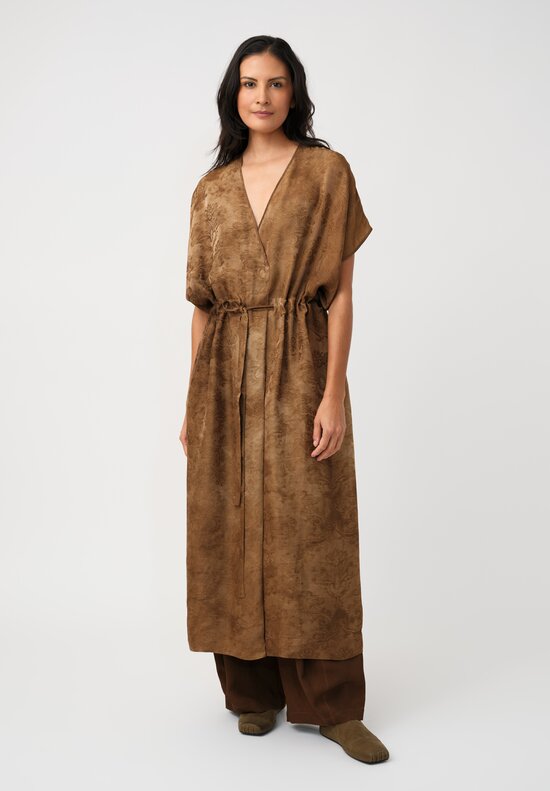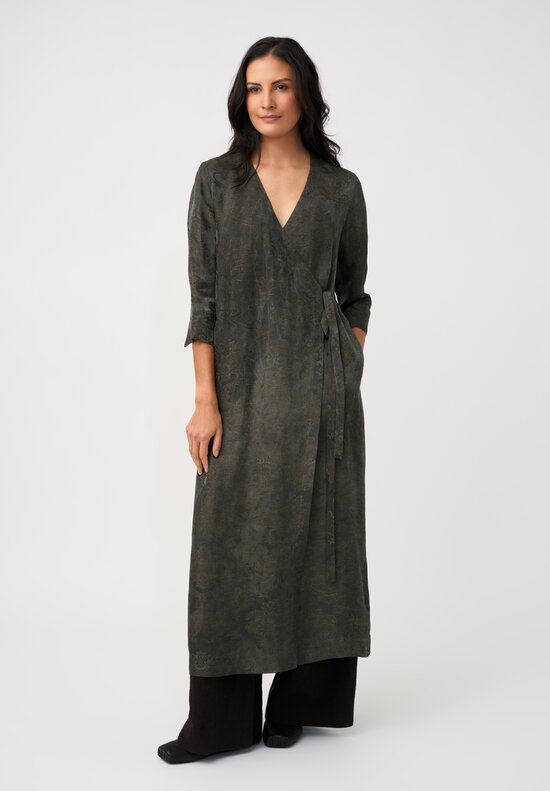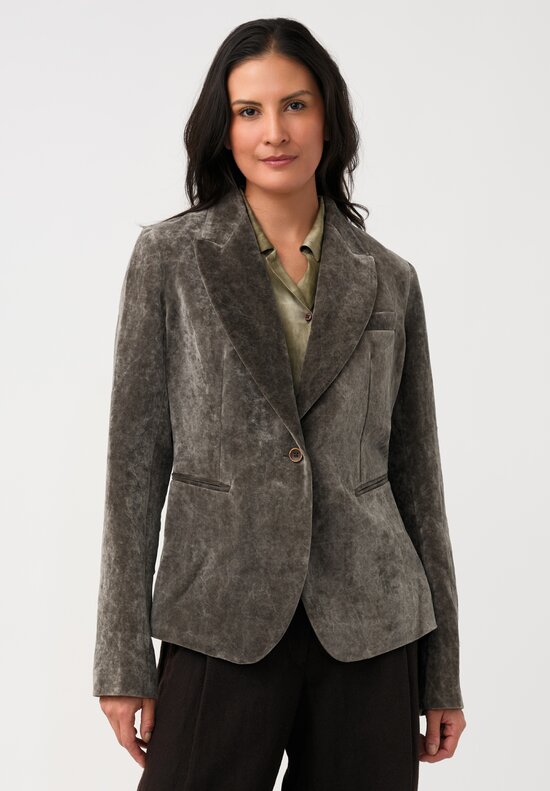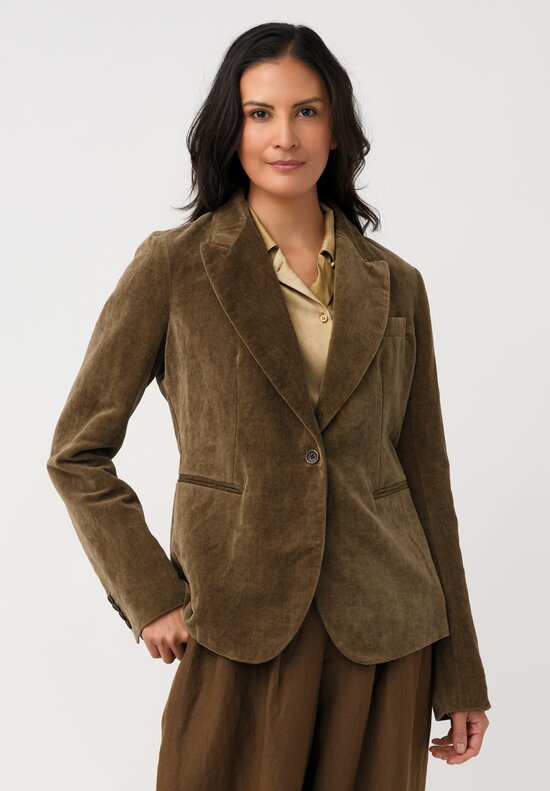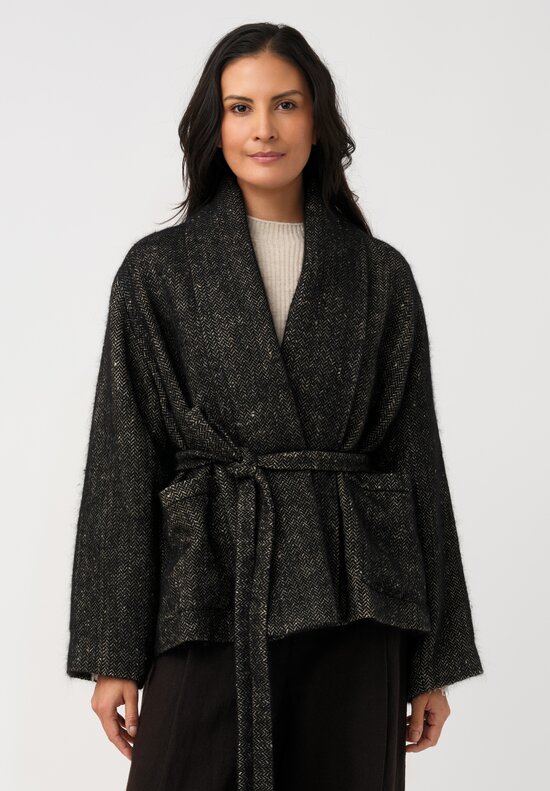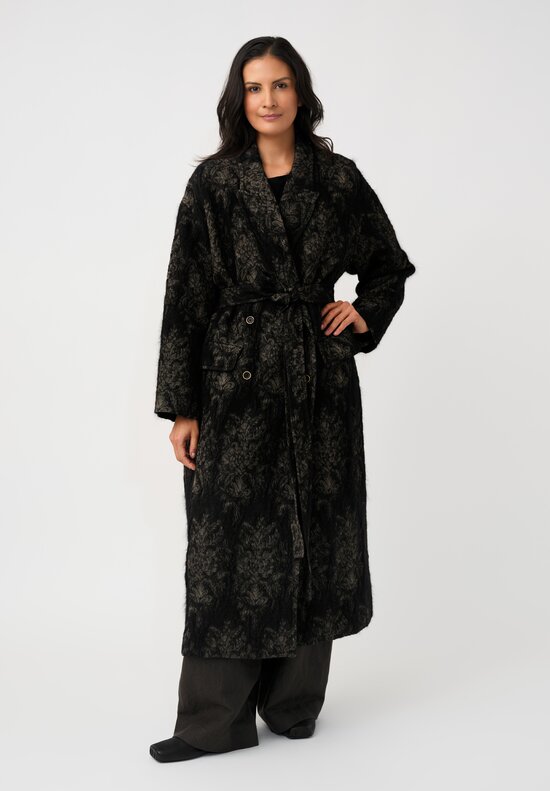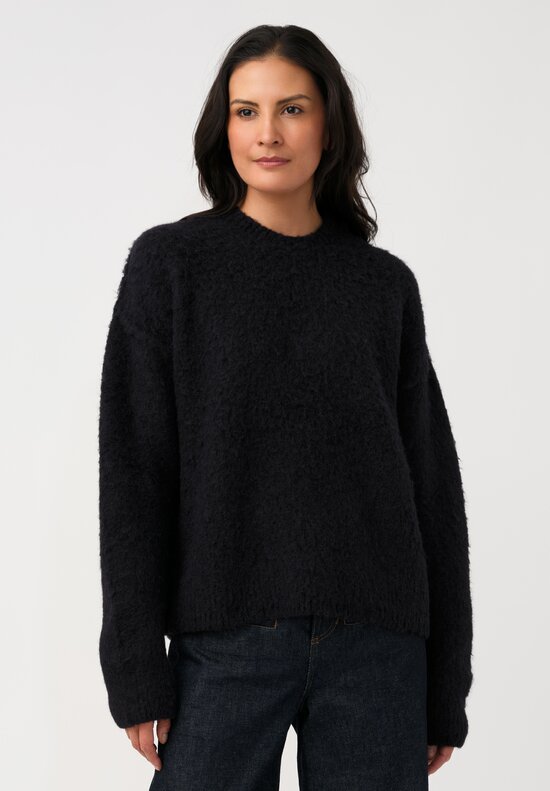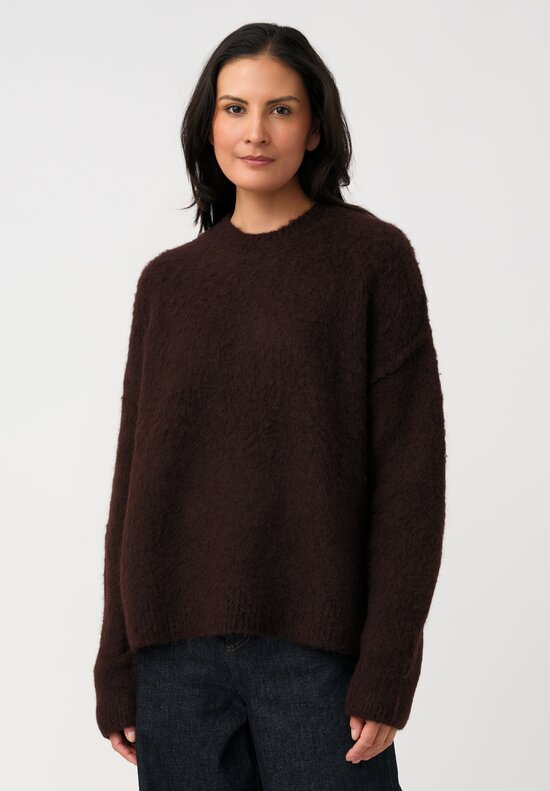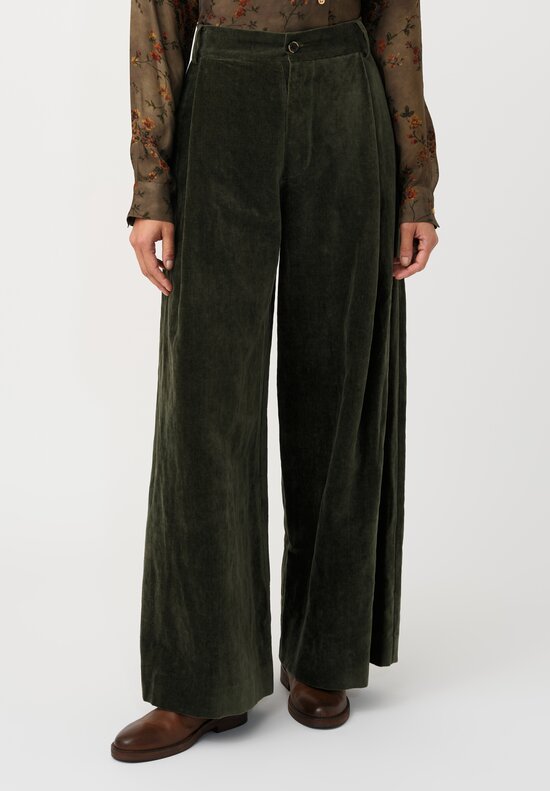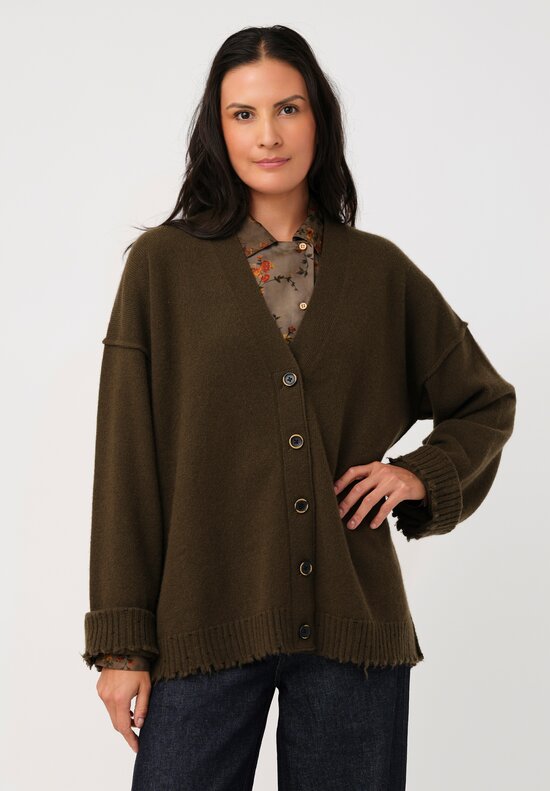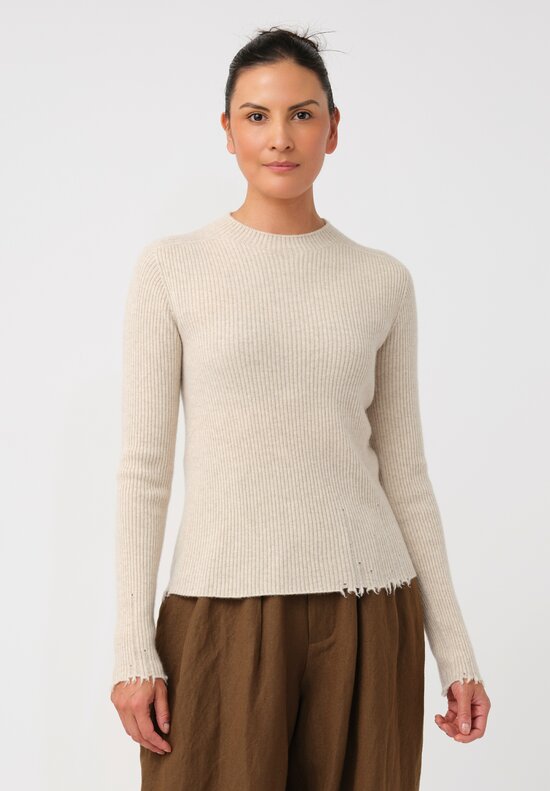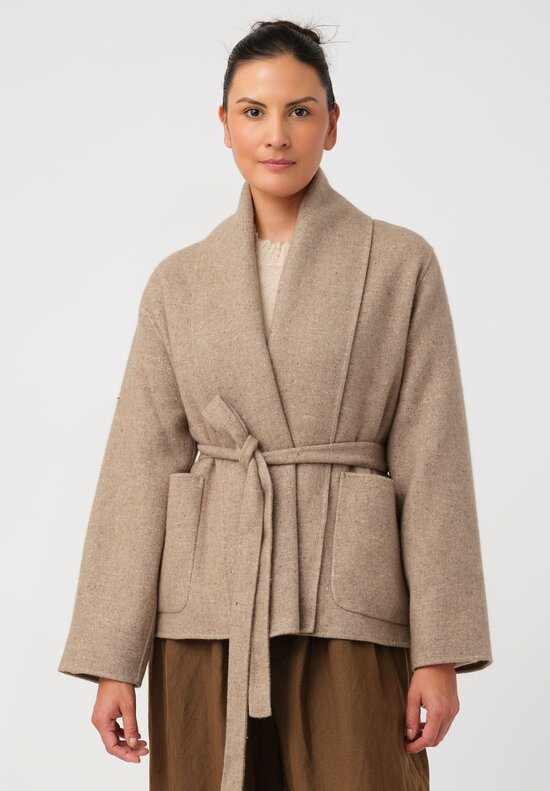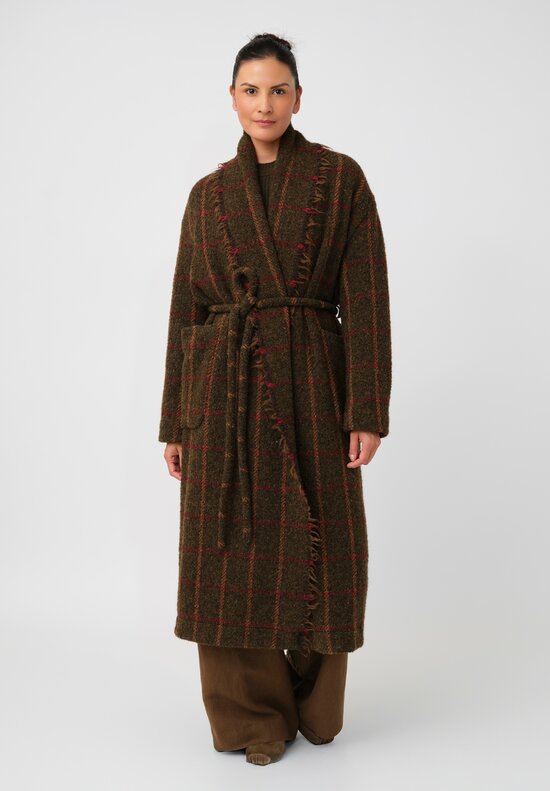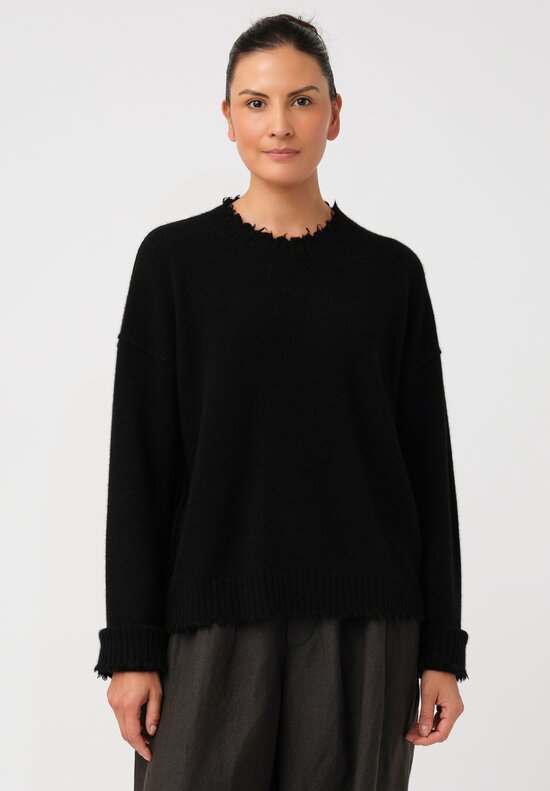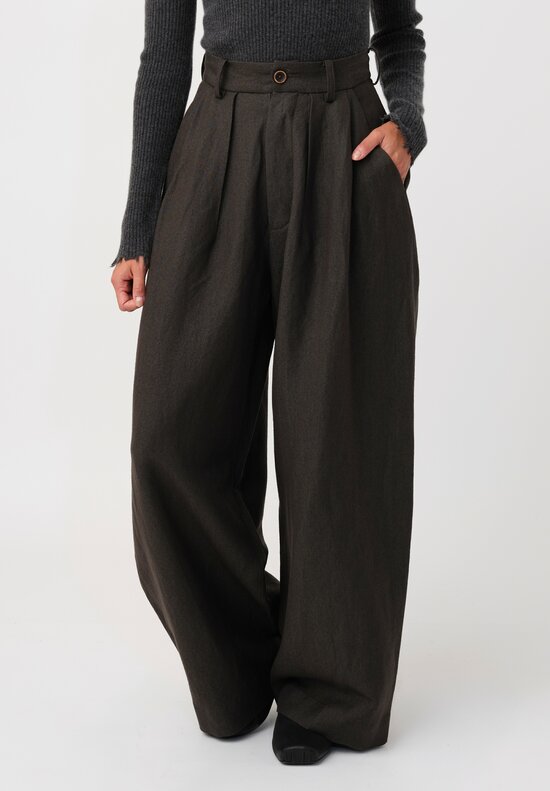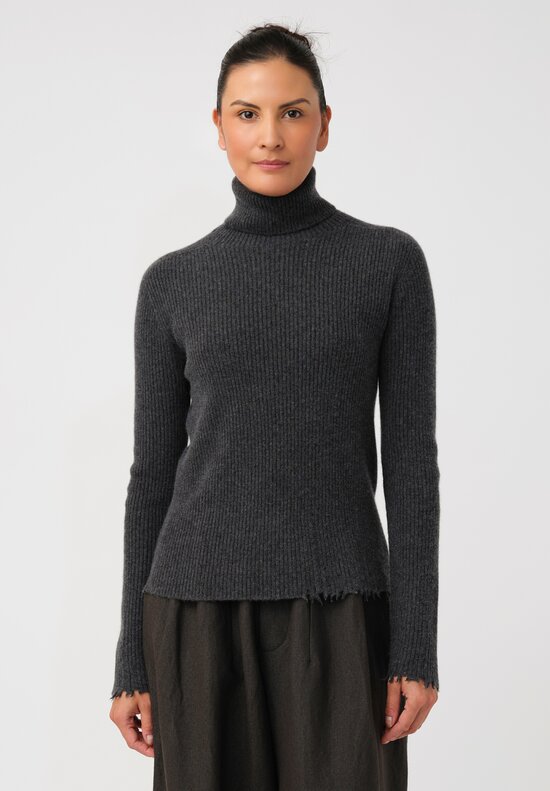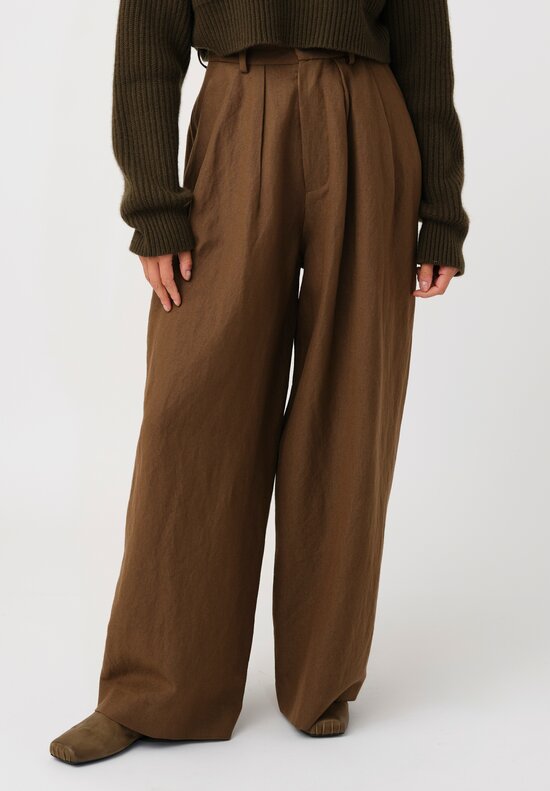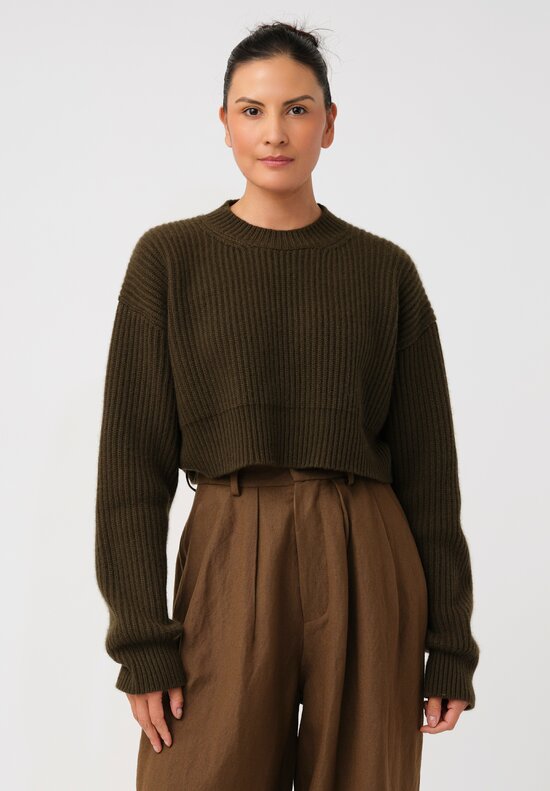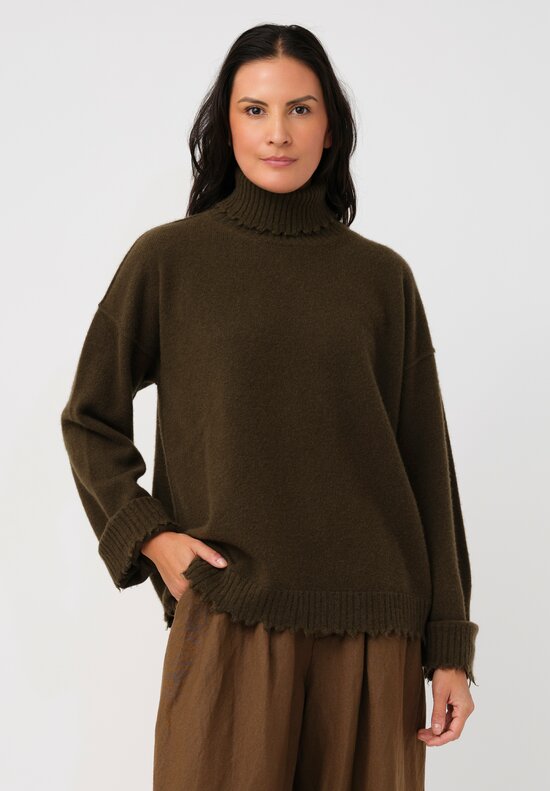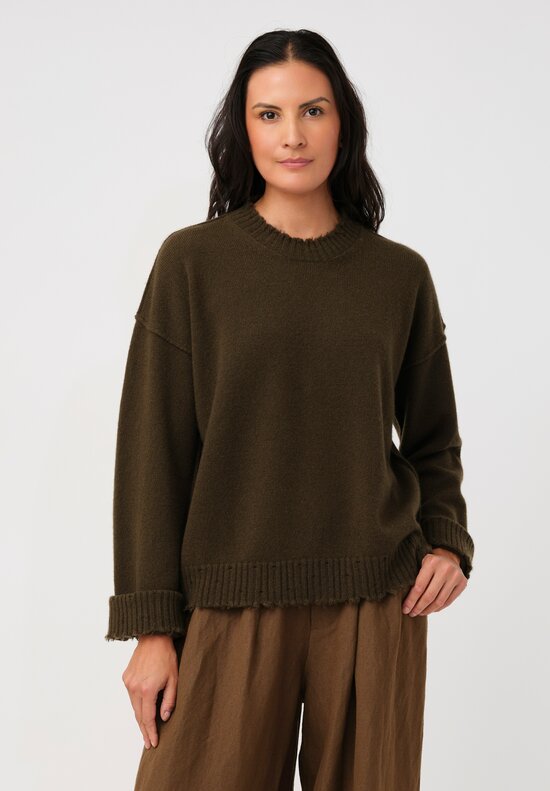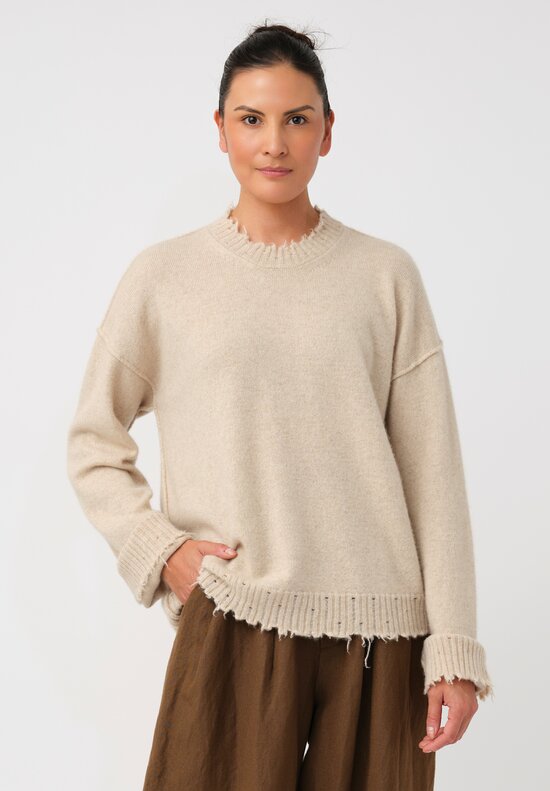Uma Wang broke boundaries when she became one of the first Asian fashion designers to set foot on the international fashion stage. When she began her journey in 2005, she faced a dilemma in naming her brand, as she feared her Asian last name would limit her clientele. A few years later she felt secure enough to rename her label, Uma Wang. Since then, her name has become synonymous with undeniable skill and bold collections that radiate global originality.
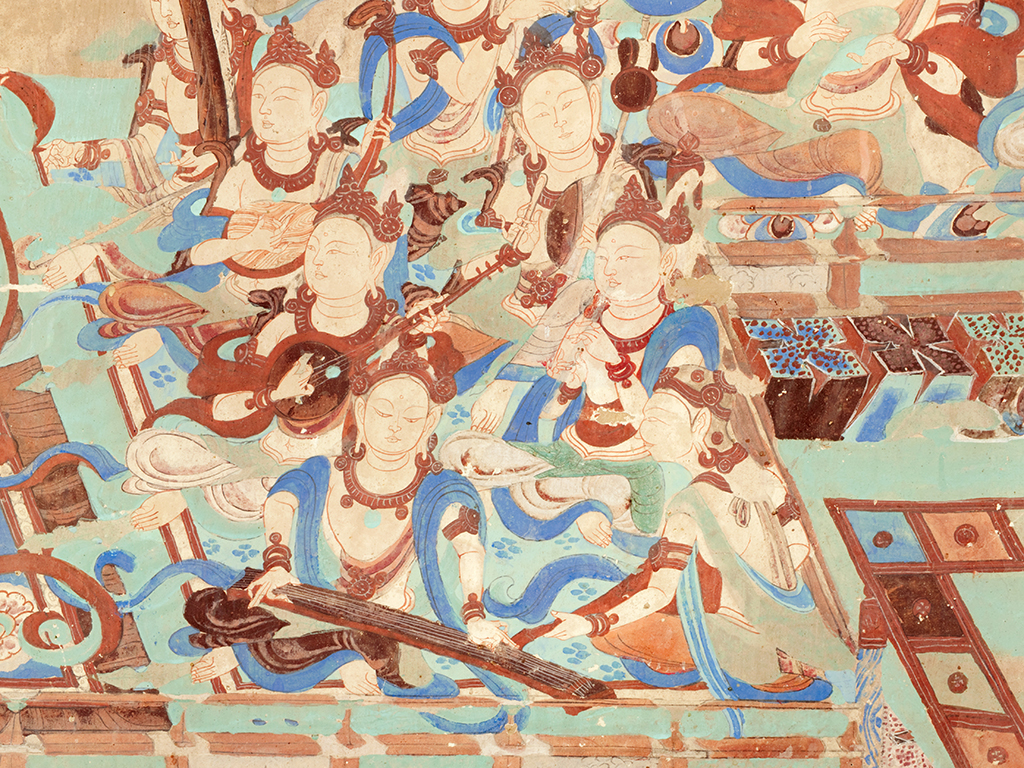
Over the course of 10 years she has collaborated with 15 boutiques across China, and operated in over 80 retail outlets around the world. Her clientele varies vastly in age, boasting loyal and successful entrepreneurs who operate in multiple creative circles that range from cinema to dance, as well as art.
Wang’s most recent collection SS20, was influenced by Pompeii. She chose not to ruminate on disaster, but how a city once full of life becomes frozen in time. When asked about what inspired her to express such profound concepts, she stated:
“I didn’t deliberately look for themes — most of my work reflects true emotions and feelings I’ve experienced. For example, I didn’t plan the Pompeii series on purpose. I visited the ruins during a vacation without expecting to feel the power of this experience. When I saw a big family’s ruined all in Pompeii, it looked surprisingly similar to oriental architecture. The color of the wall, weathered by time, looked similar to walls from the Tang Dynasty.”
Uma Wang, Jing Daily
One of Uma Wang’s biggest strengths lies in her ability to bridge the gap between cultures. Blending western influences with ancient and modern Chinese styles sounds like a difficult task, but Wang pulls it off effortlessly. She has always utilized an astounding range of fabrics to elevate her concepts, but spending countless hours working with her teams in Italy and China is what has allowed her to do so. For SS20, she gained professional insight from the fabric factory on what material has the most similar texture to a mottled wall. In the end, the efforts of Uma Wang and her team have created a unique body of work that feels timeless, infused with mystery and a sense of exploration.
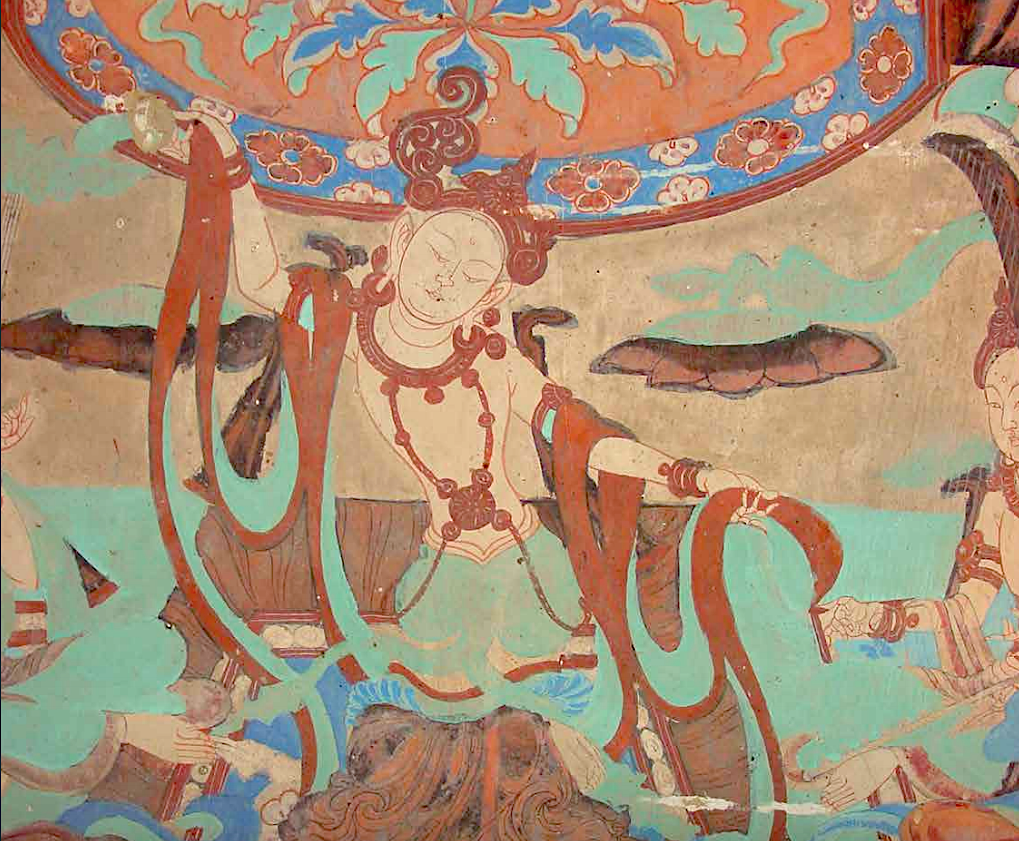
“I am Chinese and wanted to express my own traditional aesthetics — it’s neither oriental nor Western by nature but resembles a harmony between East and West. The world is getting smaller and I’m more confident about the innate beauty in this kind of aesthetic.”
Uma Wang, Jing Daily
Throughout the years spent pursuing creative endeavors in fashion, Wang has managed to protect her brand from over-commercialization. Even now, in spite of the disorienting changes that have impacted the fashion landscape, she has stood firmly by the principles of her brand by using fabrics economically and working with each piece to reach it’s fullest potential.
